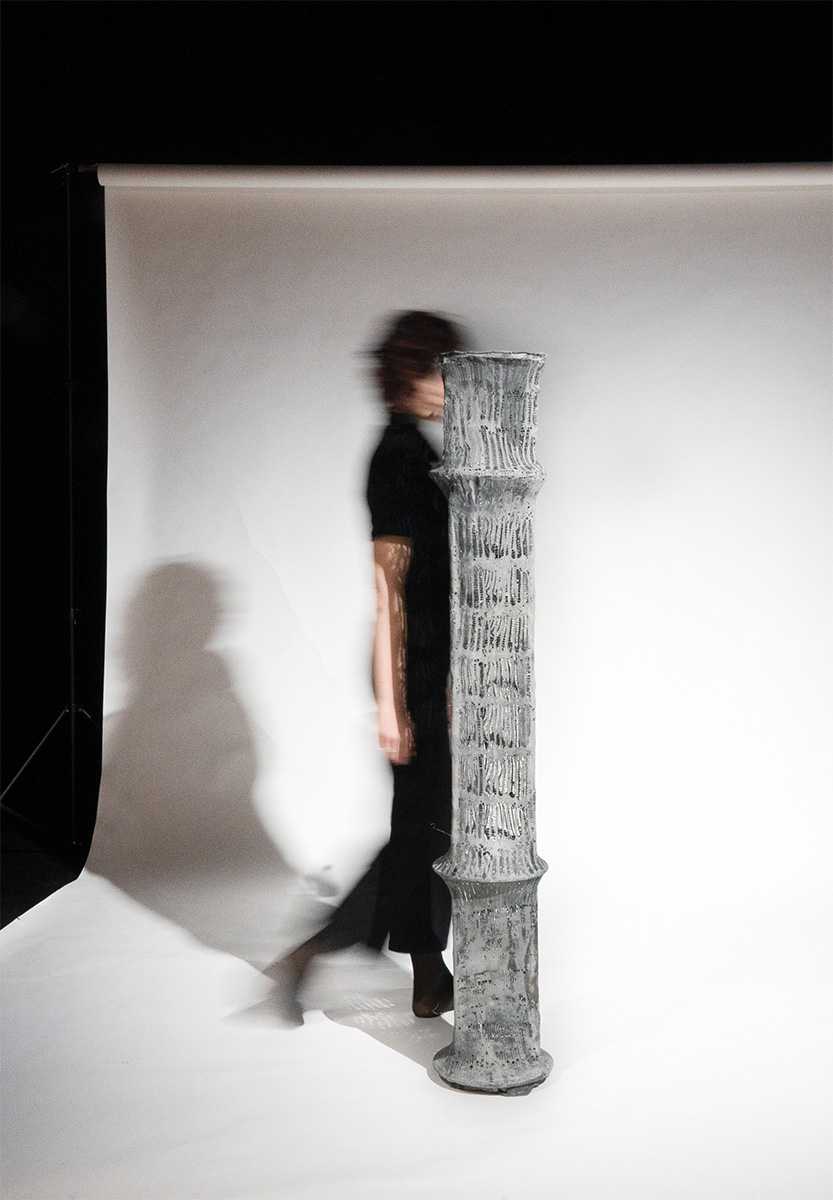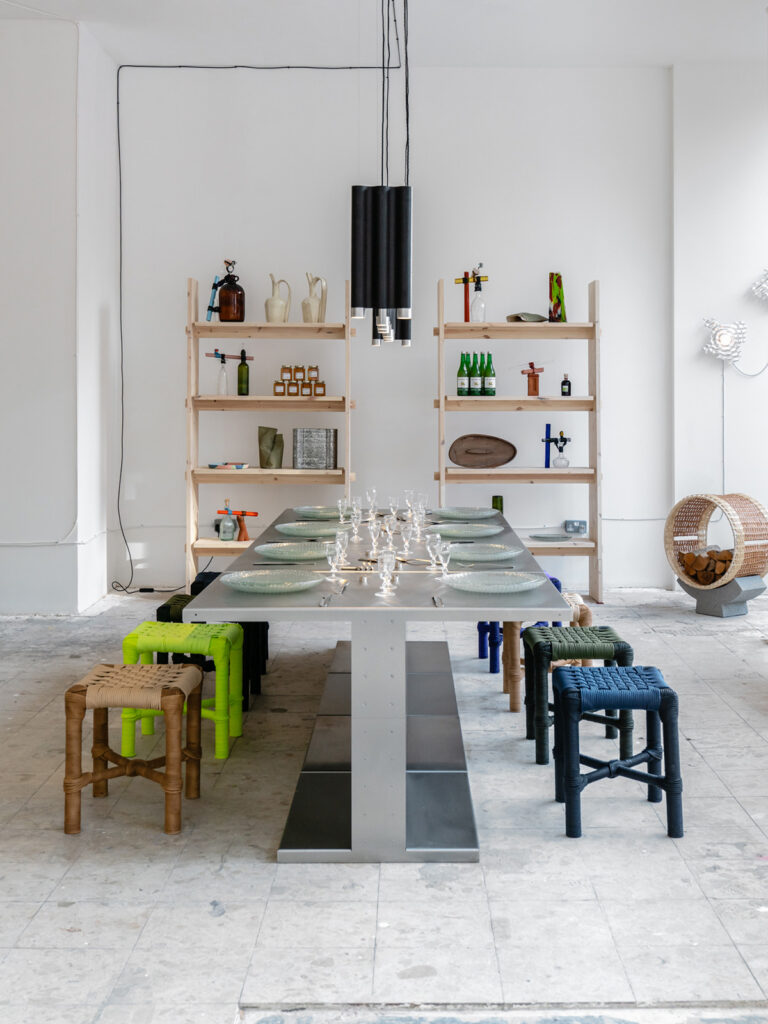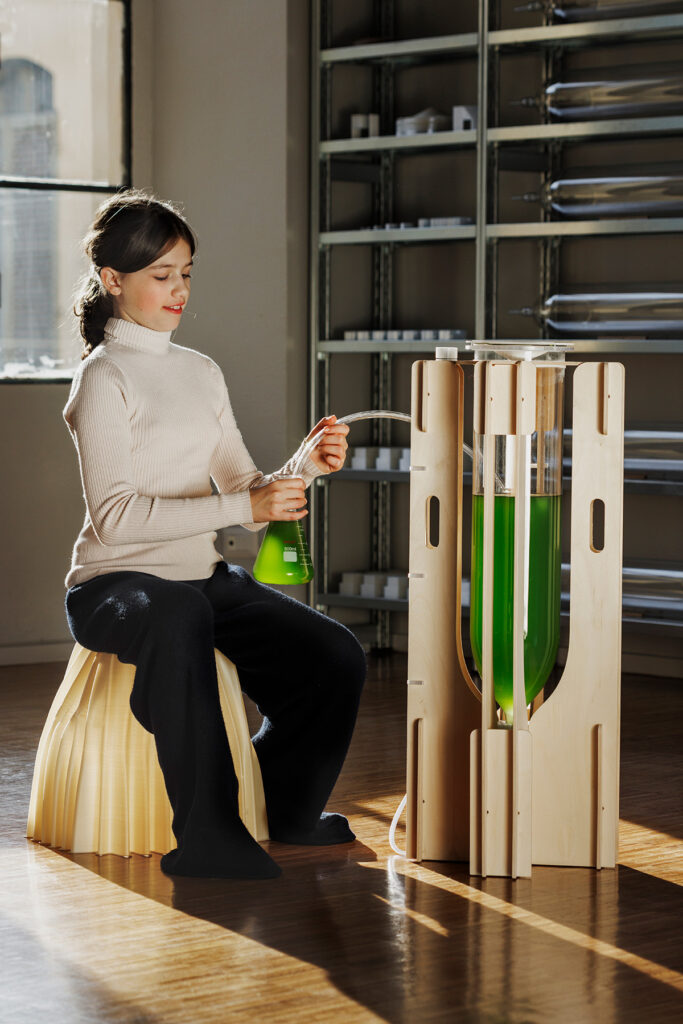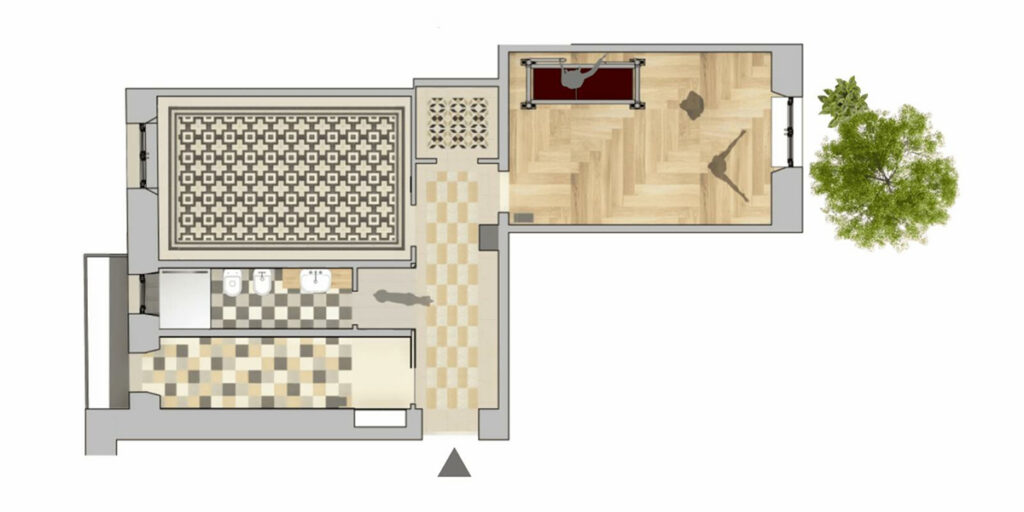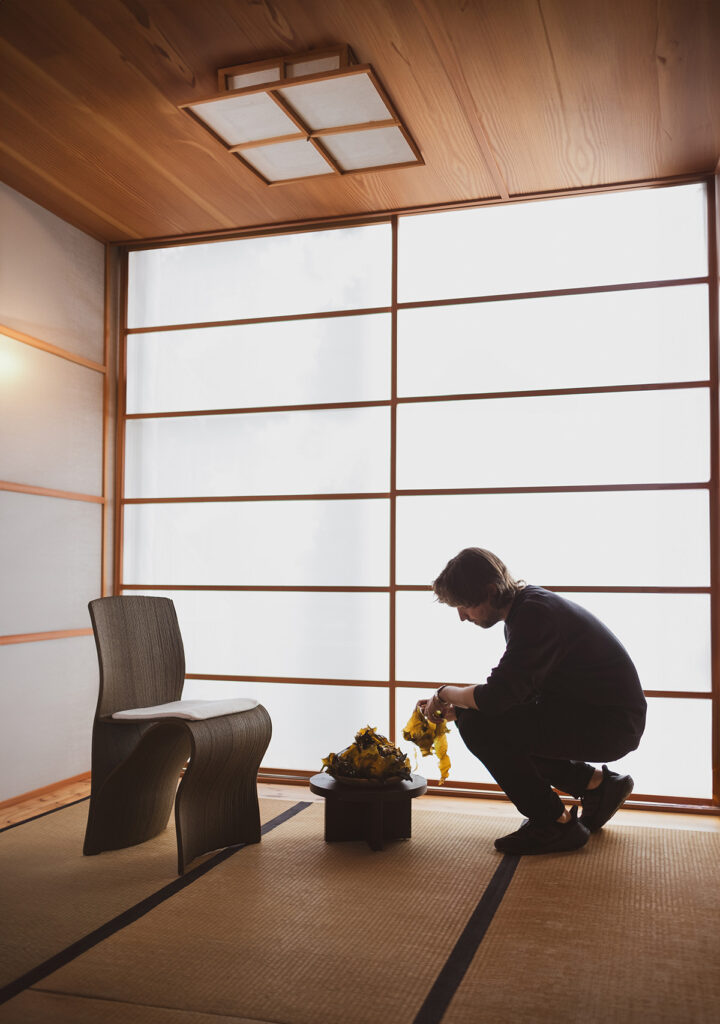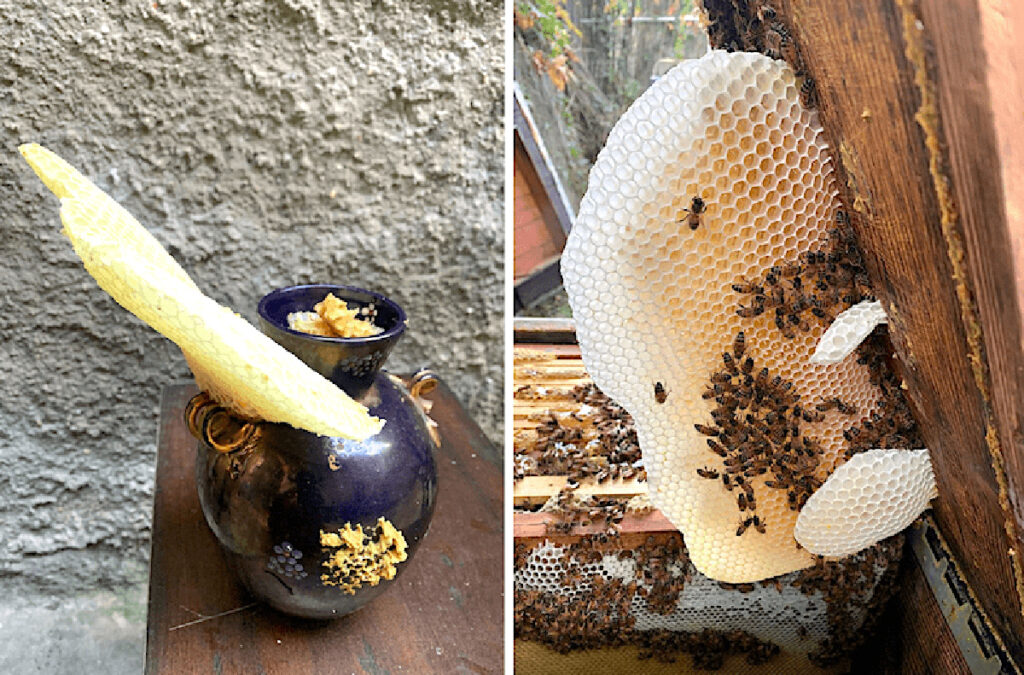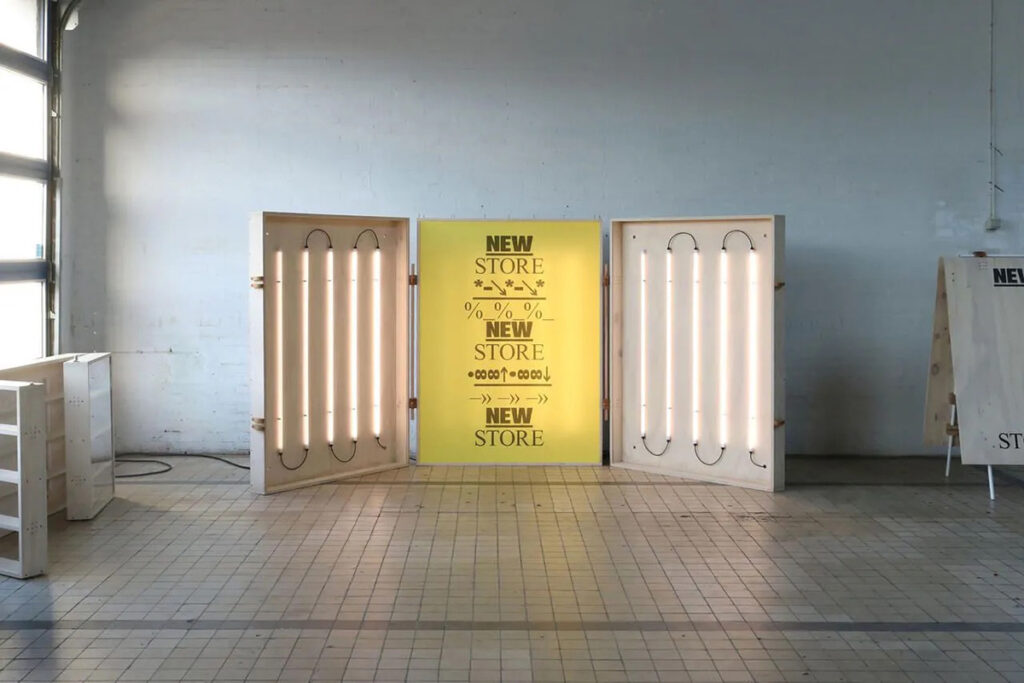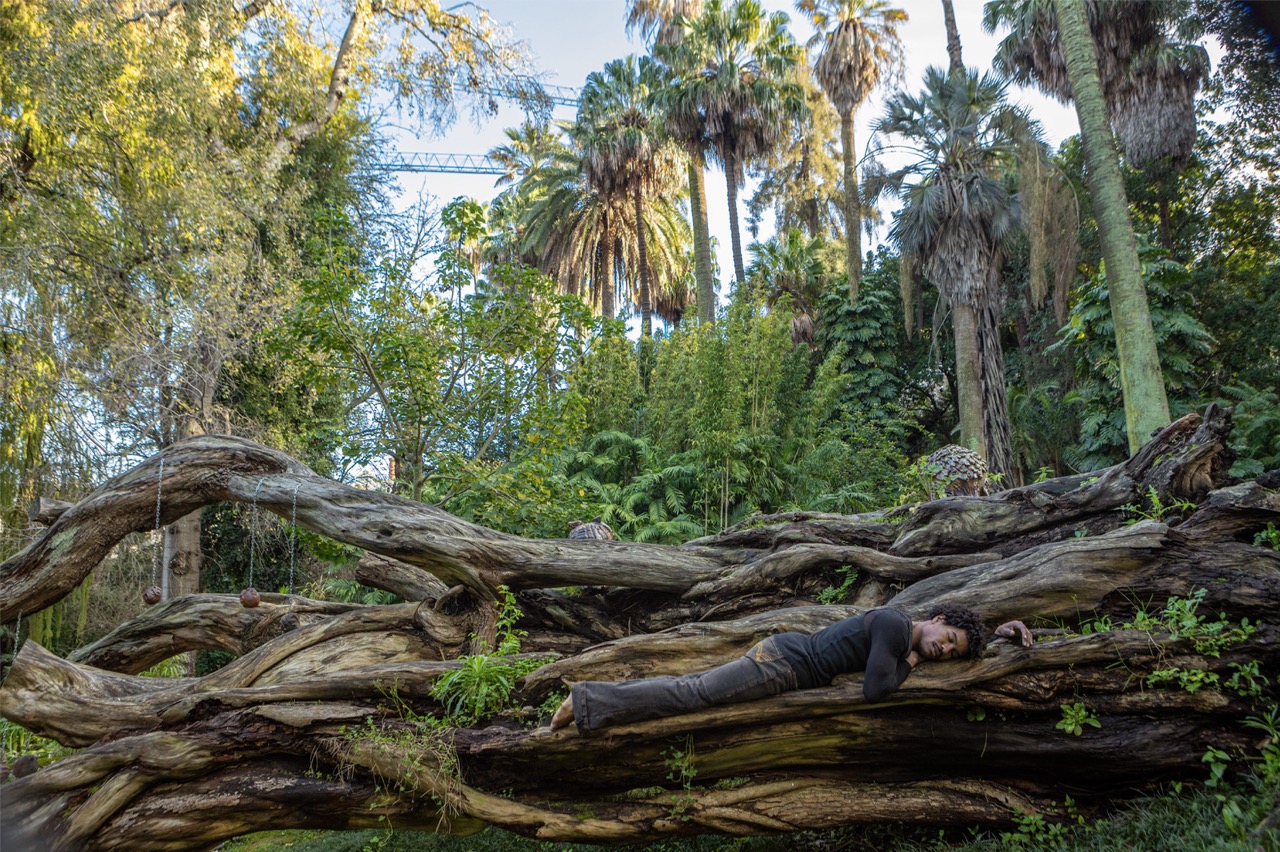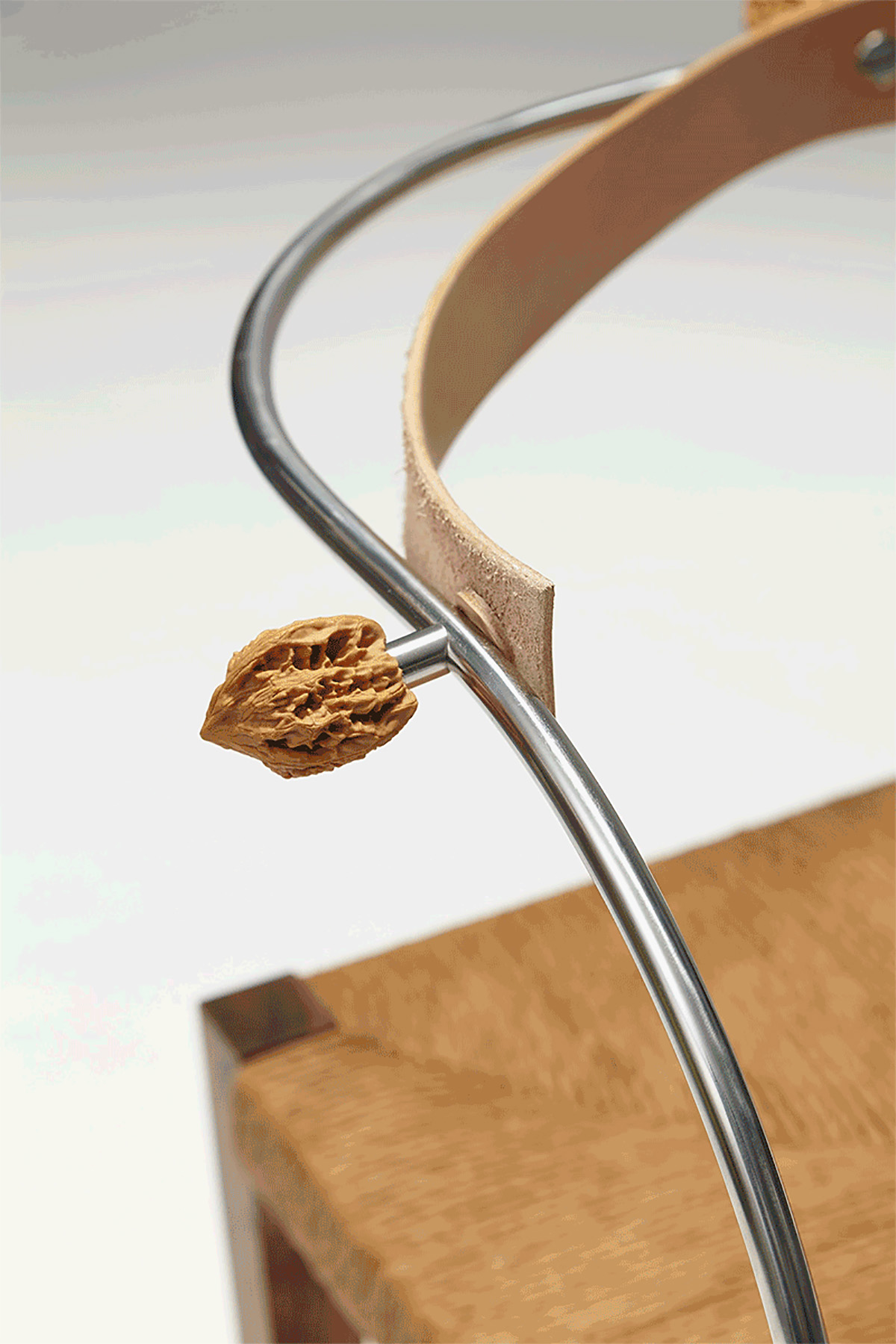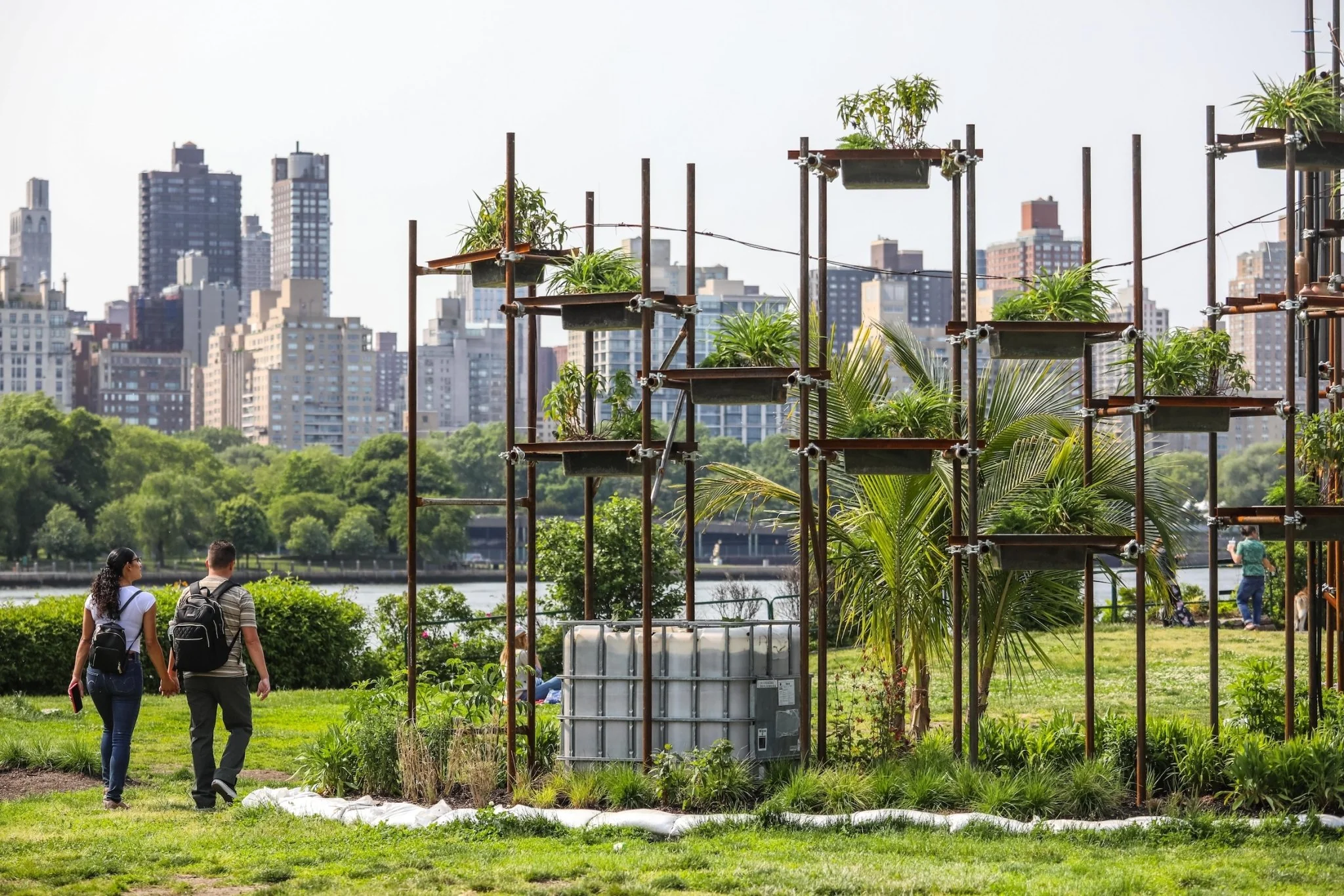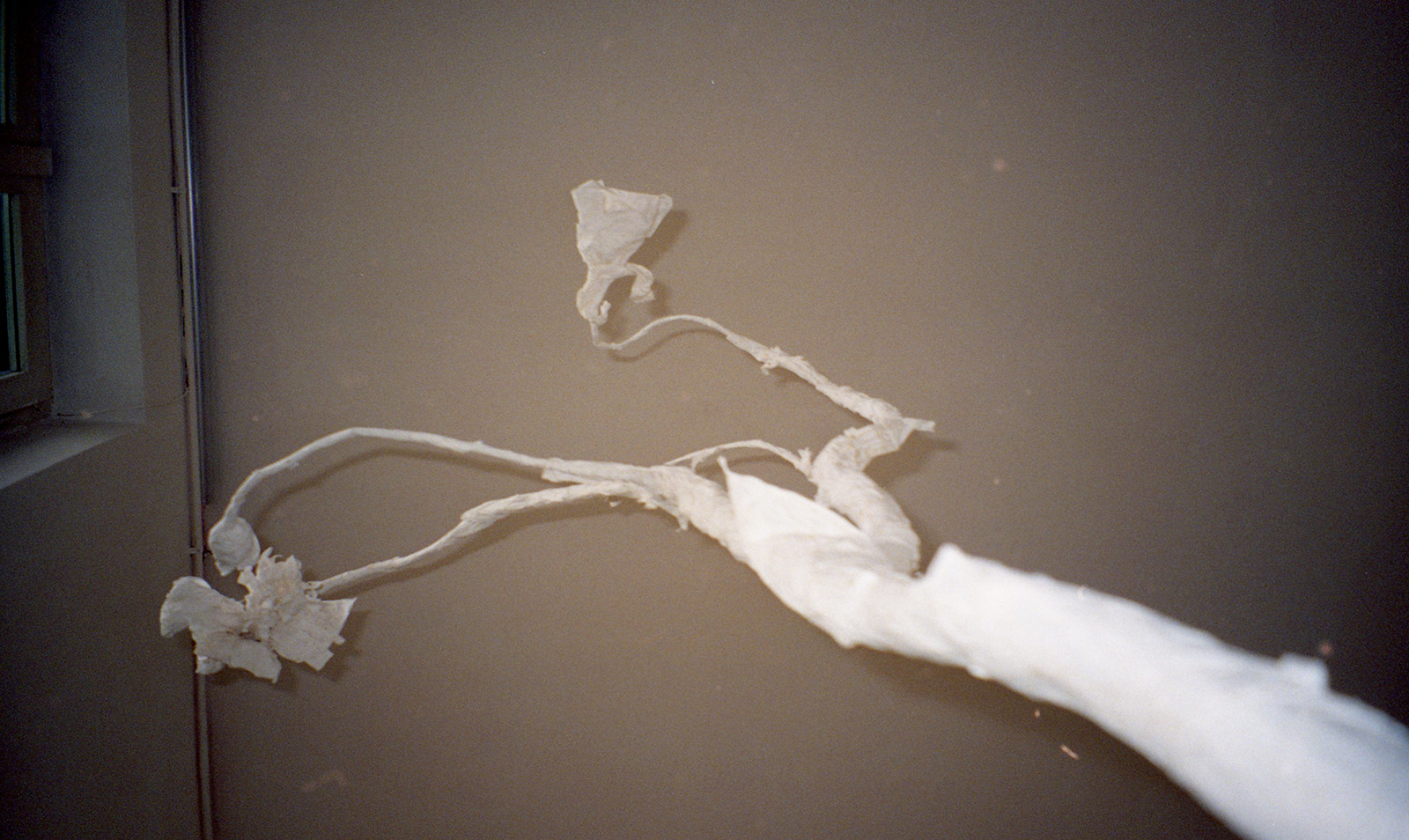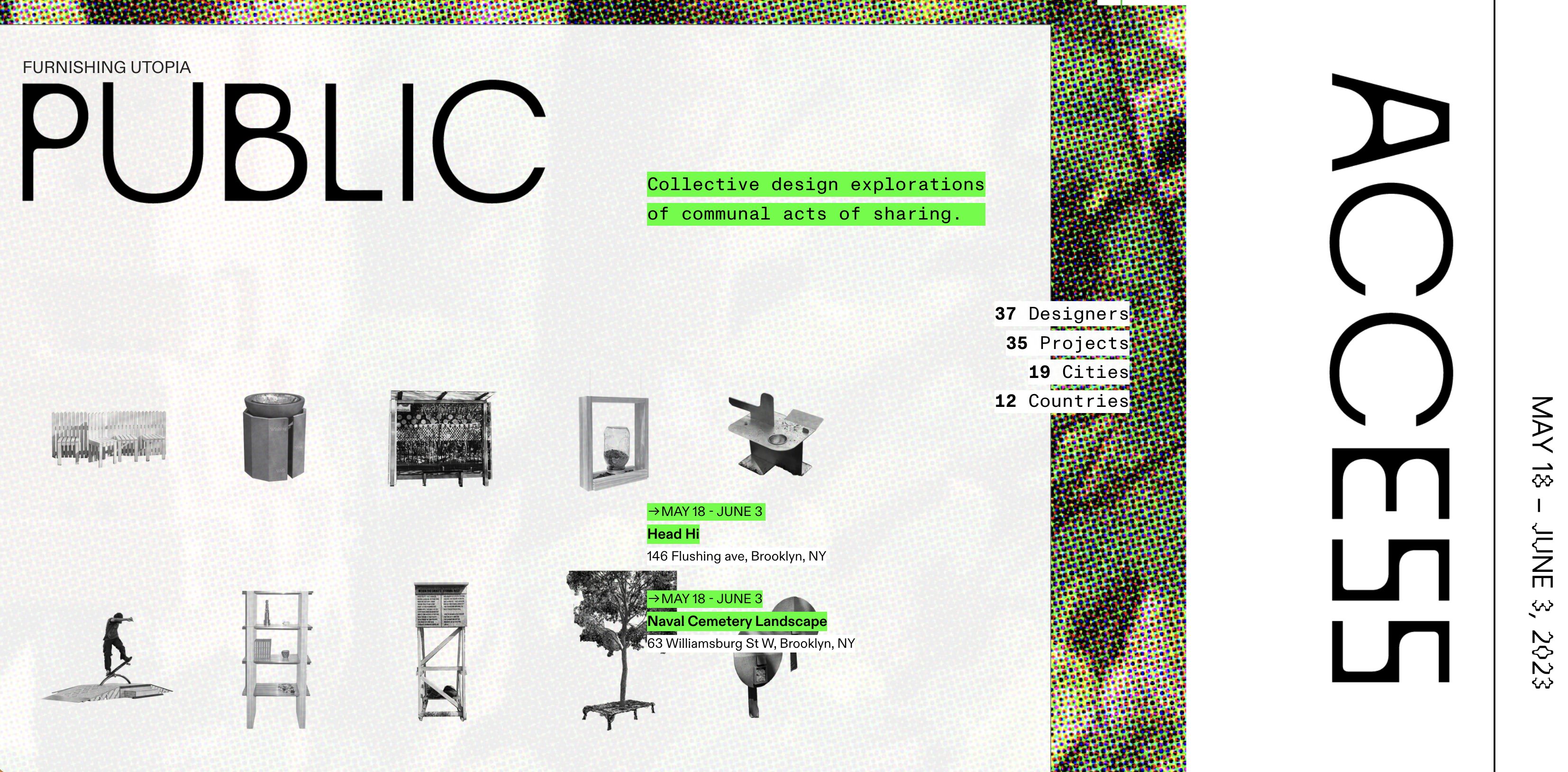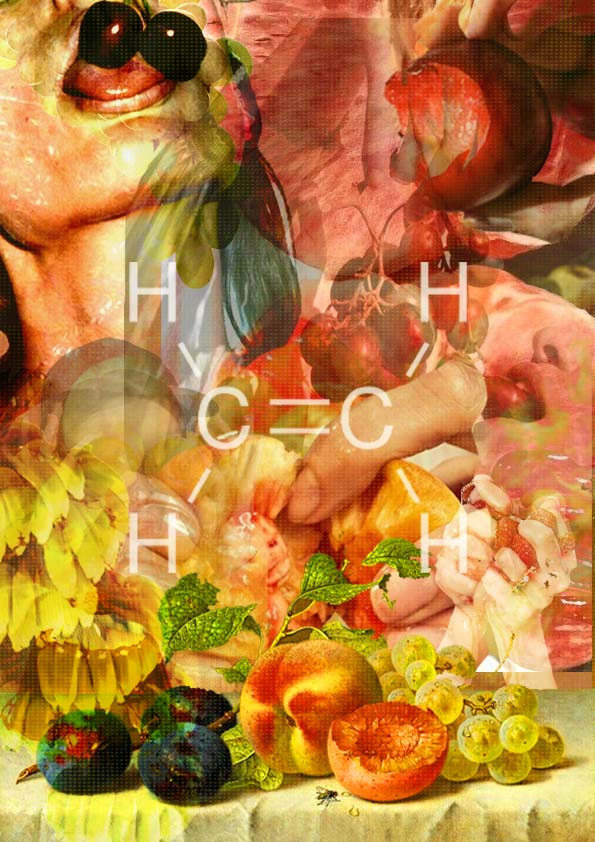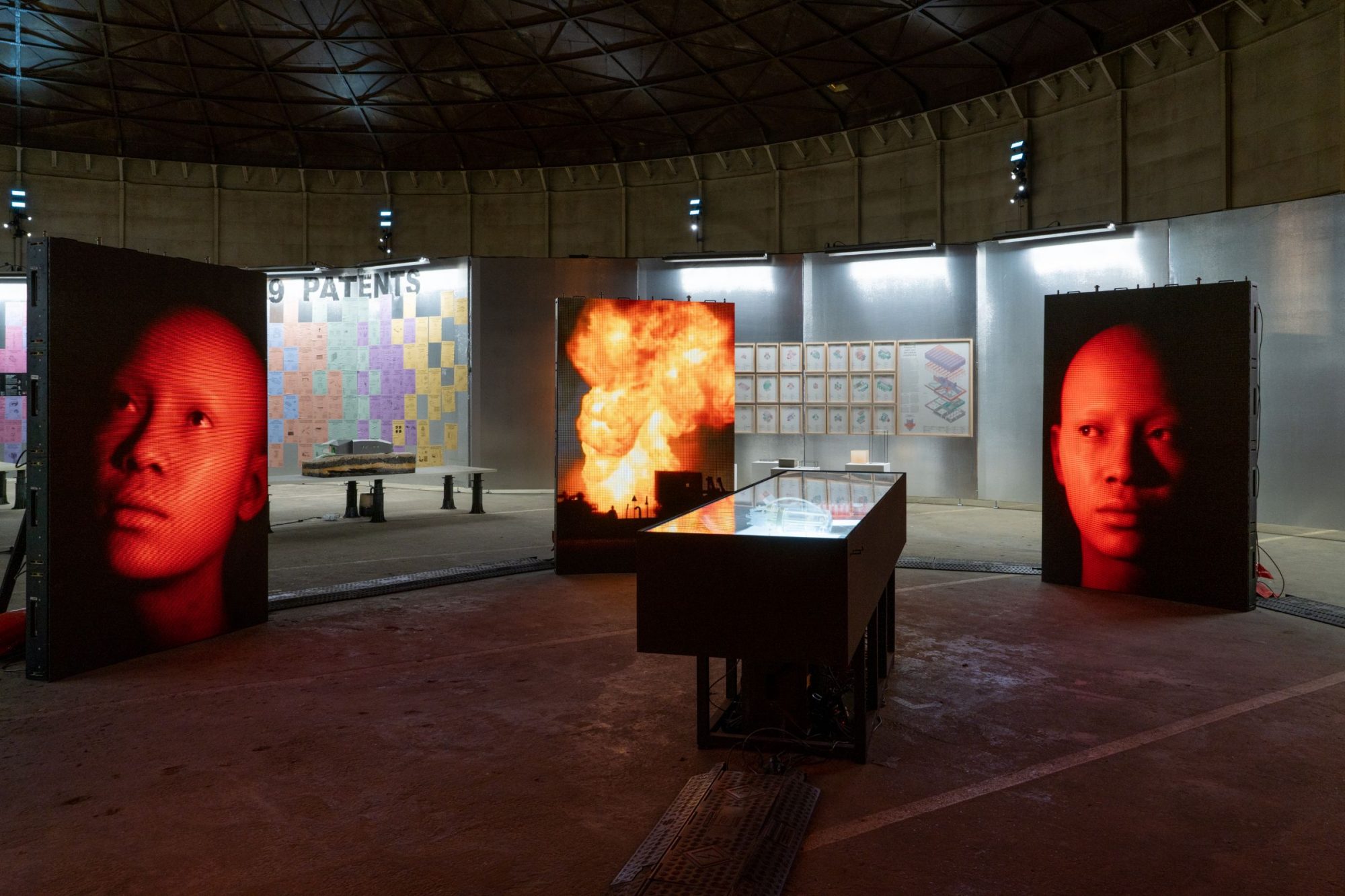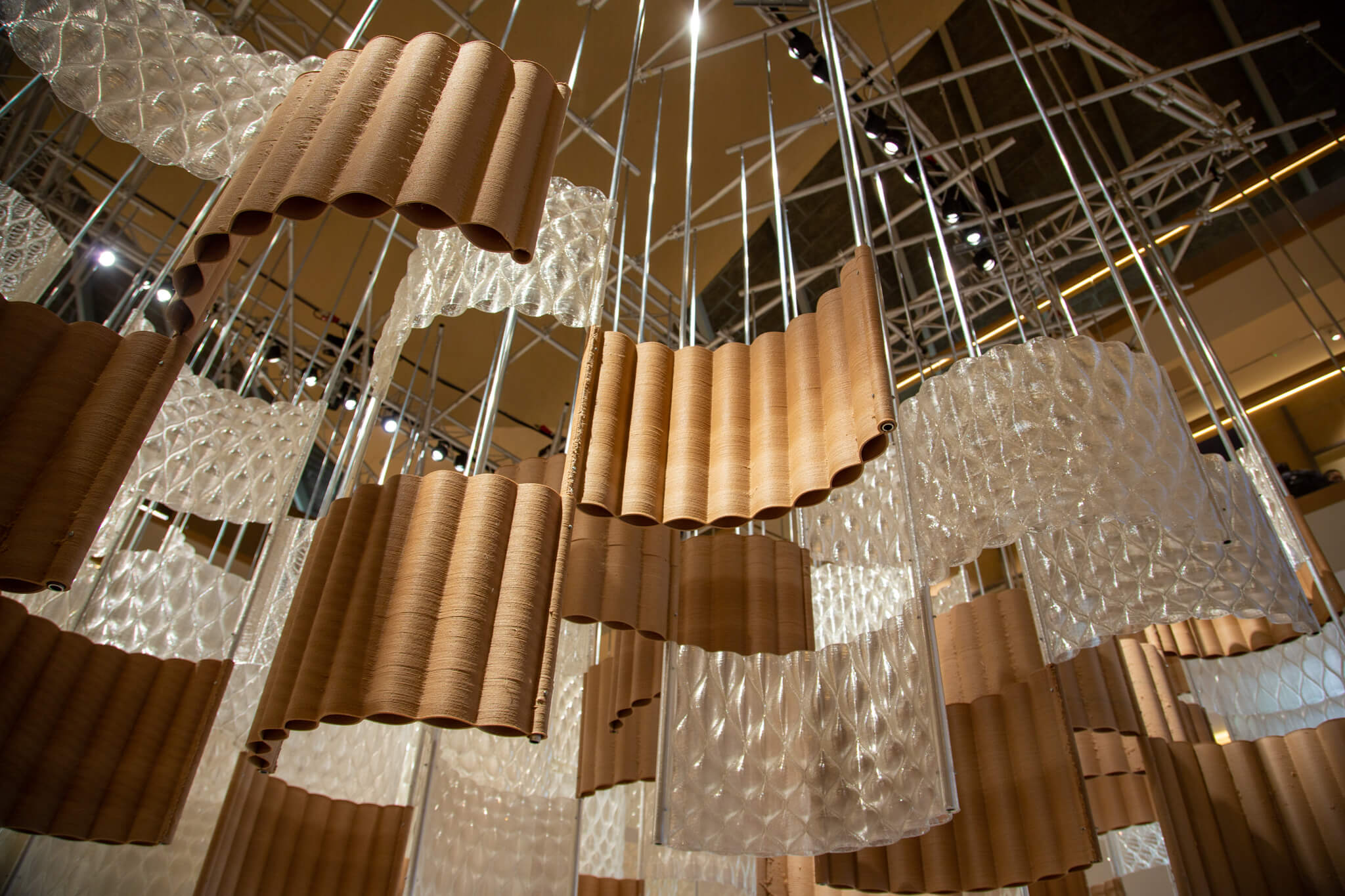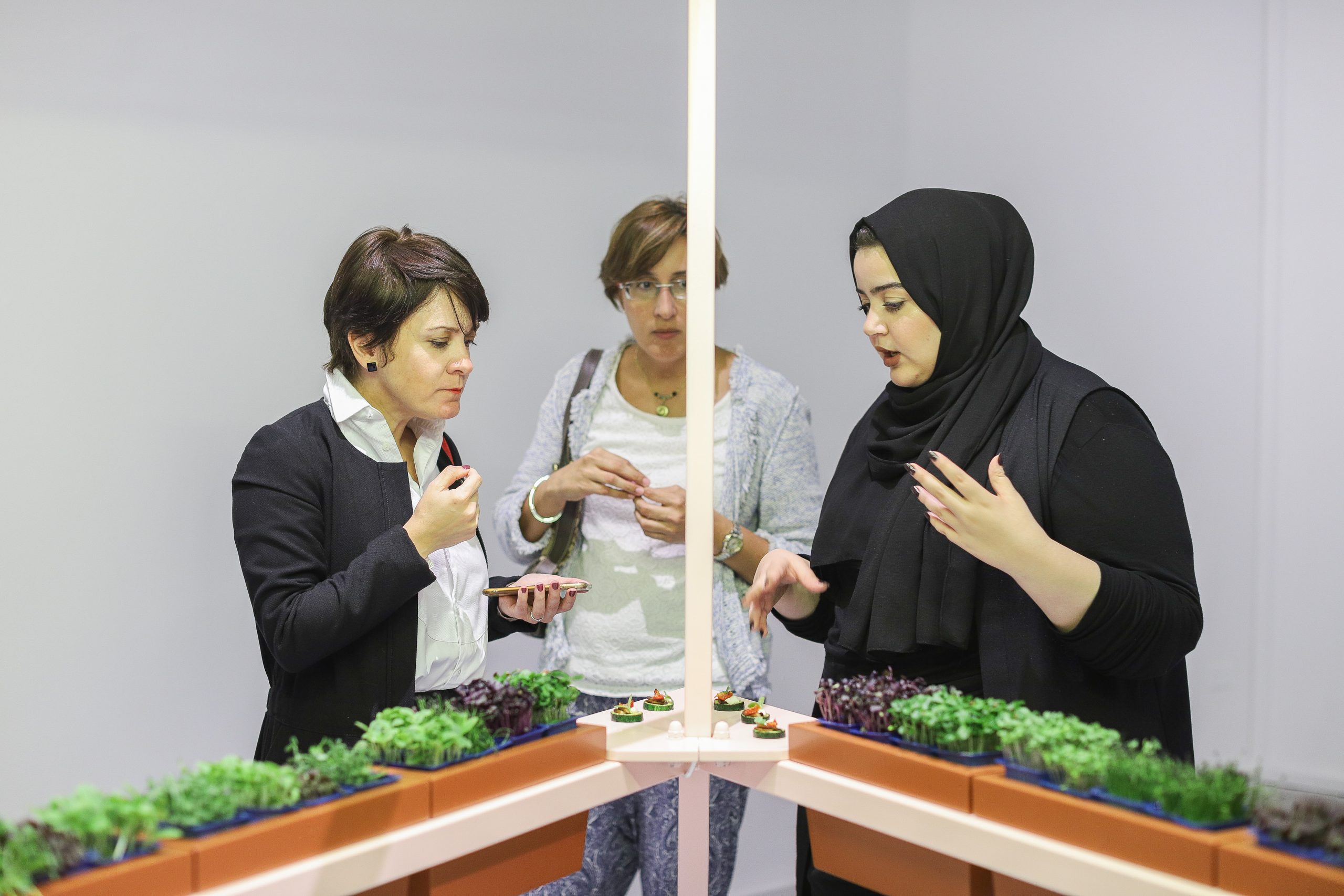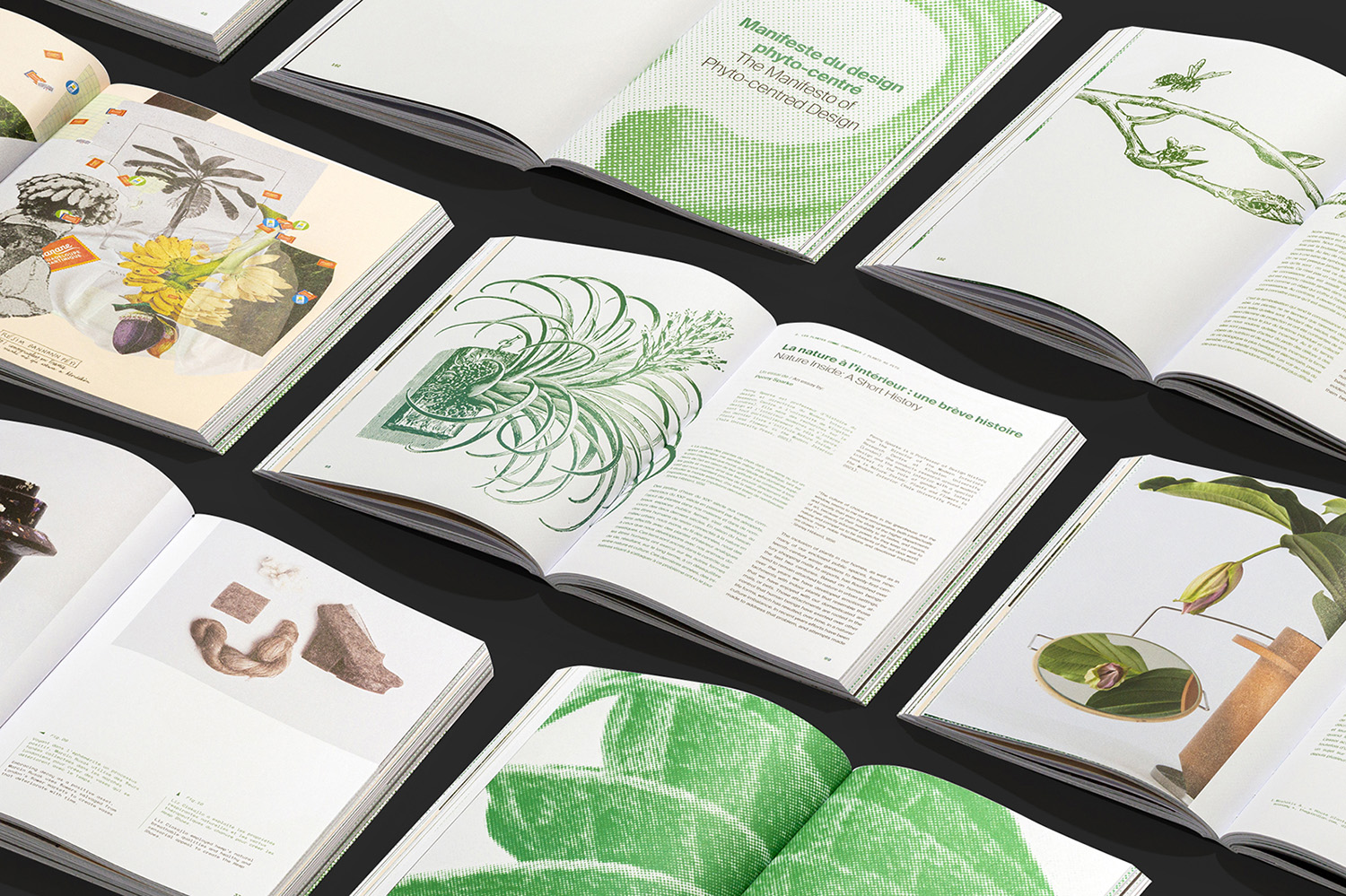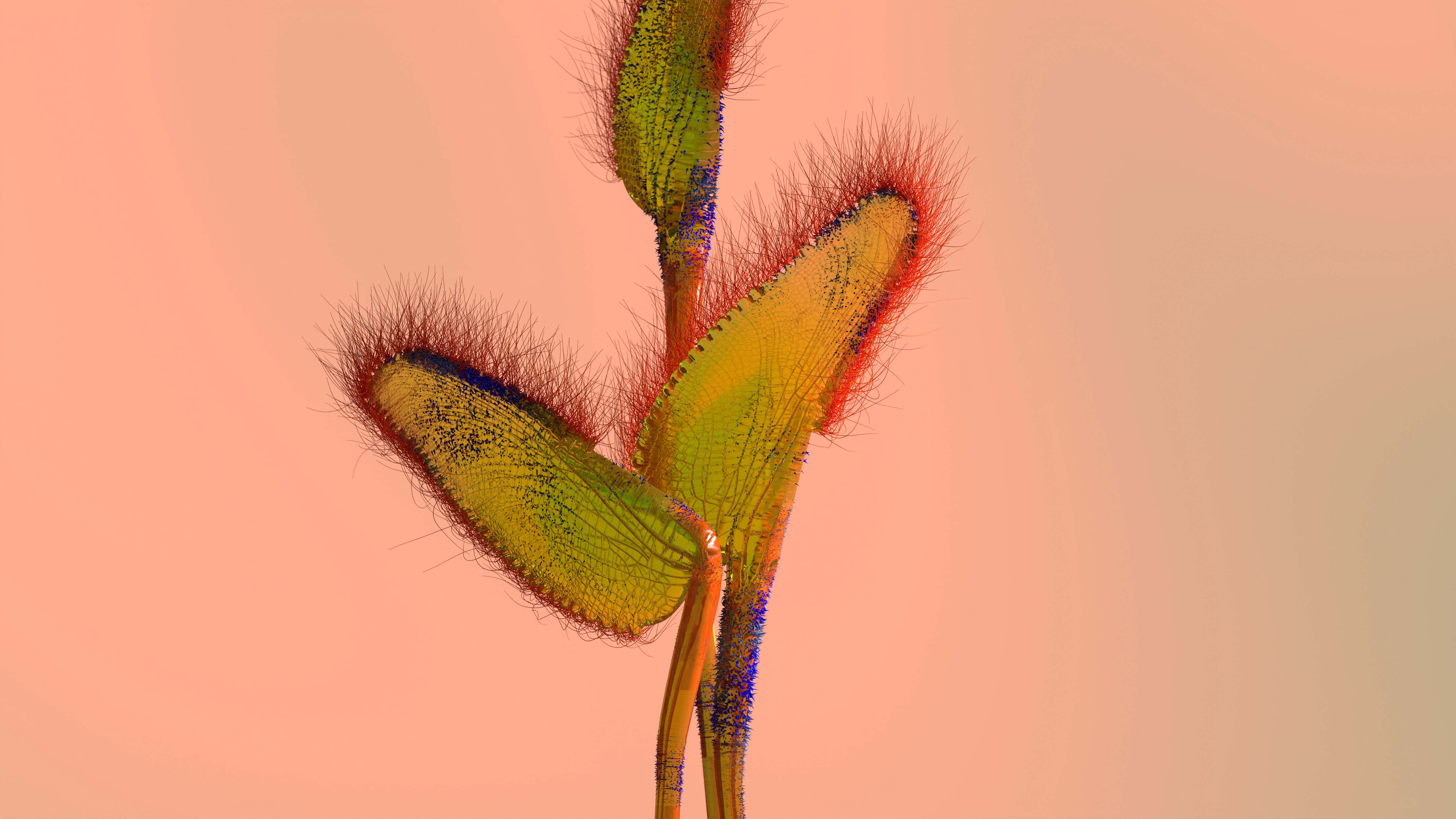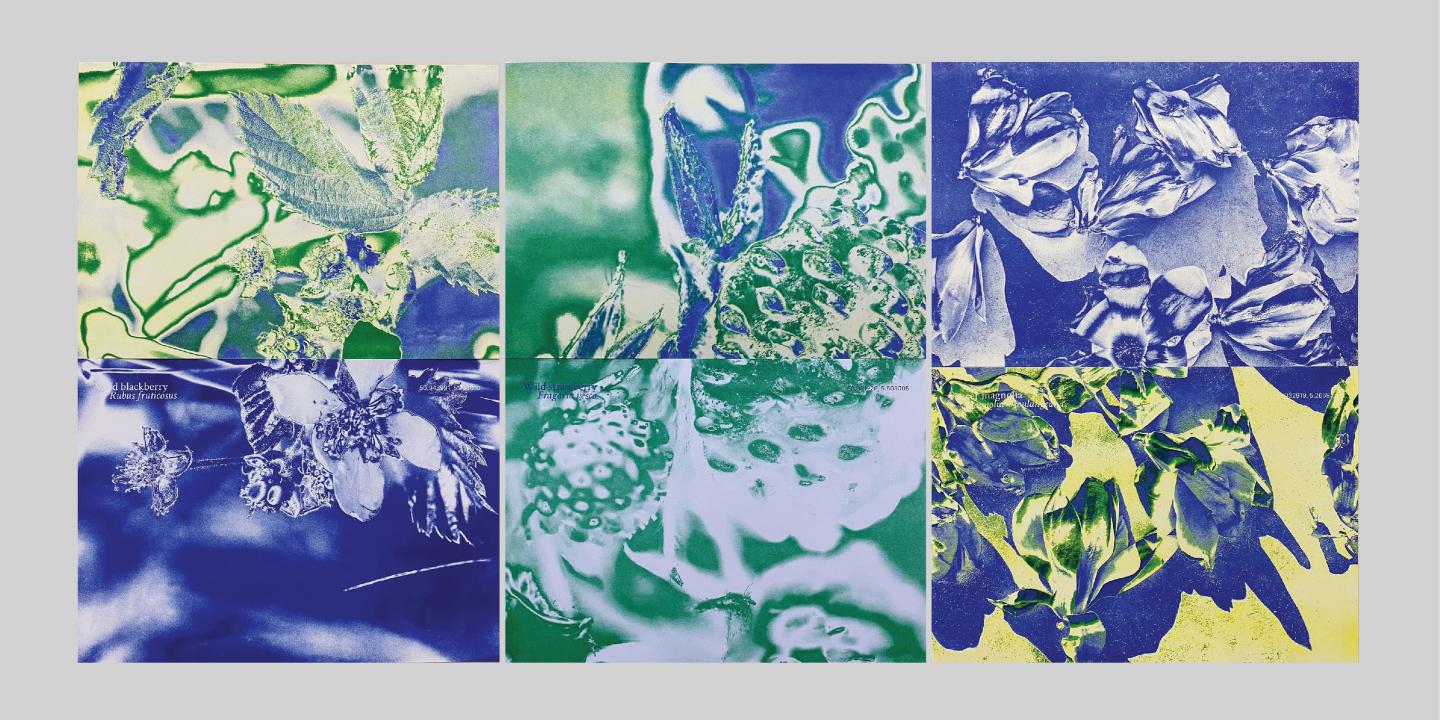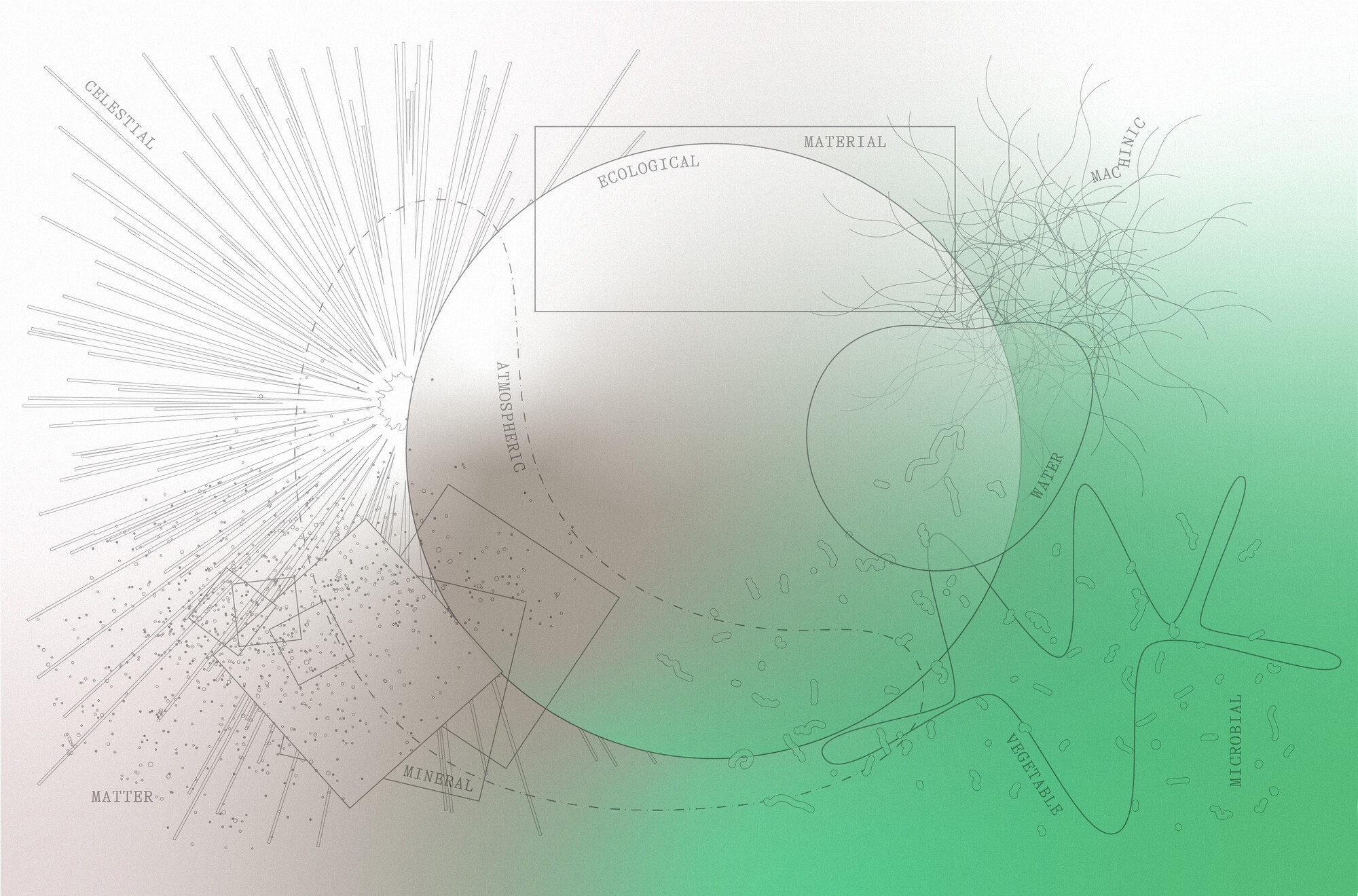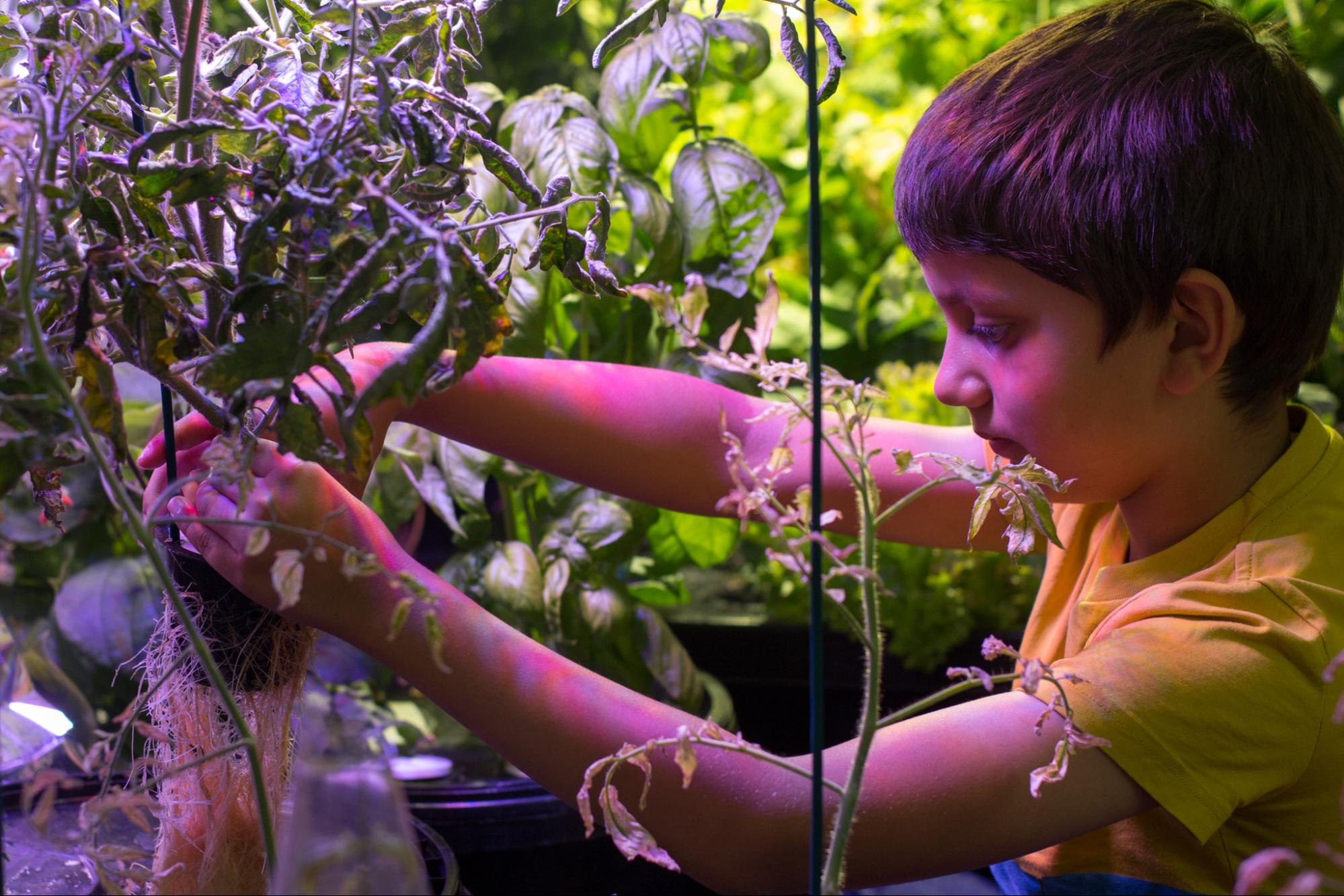Algae air purifiers, micro-organisms among us, and circular materials are all the rage. Here are a few of MOLD’s favorite exhibitions and installations at Milan Design Week 2024.
In a collaborative project by Grymsdyke Farm, Fels, and Theatro, “The Farm Shop” brings together artists, designers, and architects to create a collection of tableware designed and produced at Grymsdyke Farm in Buckinghamshire. This collaborative project prompts reflection on where the objects around us come from and how we can take care of them.
London-based architecture and design firm ecoLogicStudio presents its first collection of biophilic design products. Among these objects includes the AIReactor, an indoor photobioreactor that absorbs carbon dioxide and pollutants while oxygenating the air. Using algae suspended in water algae as the primary filtration system, the AIReactor has the same carbon capturing potential as a mature tree.
“La Casa Probiotica” is an installation designed for viewers to experience a home built with biocompatible materials, enriched with microorganisms. Transforming a 65 square meter apartment in the Isola district in Milan, the Probiohouse brings the concept of an urban living home into reality.
In an exhibition exploring circular design, raw materials and circular production methods are on display. On display at “Is One Life Enough?” is design studio Interesting Times Gang‘s updated model of their Kelp chair, made from biopolymers of the Nordic sugar kelp, while the first purpose-built materials library in the UAE, Colab, presents a selection of materials from their archive. The show’s pedestals and mounts are made from recycled egg cartons and mycelium.
The international program GREEN ISLAND presents “THE SECRET GARDEN”, a hidden garden in the Atrium of Porta Garibaldi Train Station curated by Claudia Zanfi. In this temporary garden, objects are created in dialogue with bees, where ceramic pots are reshaped by wax and honey. This intervention is part of the Alveari Urbani (Urban Bee Hives) program, aimed at raising awareness around protecting pollinators.
The Nieuwe Instituut’s second edition of the New Store during Milan Design Week presents a vision of what a regenerative store could look like in the future. Visitors and designers test a new circular value chain for a waste product we normally attach little value to: human hair.
